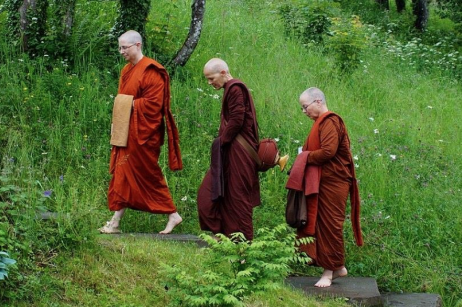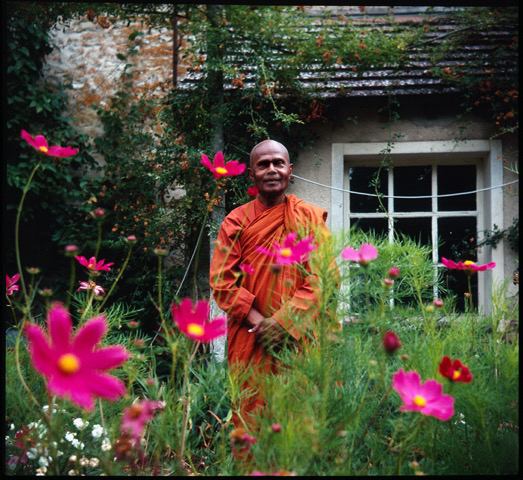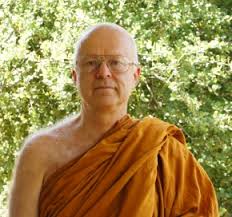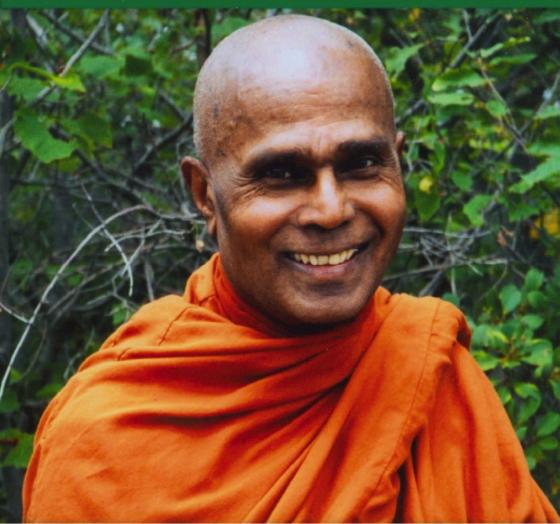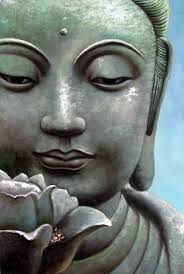
“We’ve got to come from a position of strength when we meditate. There’s a passage in the Canon where the Buddha says that a person who doesn’t have a basic level of happiness and goodness inside simply cannot do goodness. It sounds like a catch‐22, but that’s not the point. The point is that we all have a certain amount of goodness in our minds, so tap into that first. The goodness here means not only good intentions, but also having a good‐natured attitude toward what you’re doing, a good‐natured attitude toward the people around you. That’s why we chant the passages on goodwill every night, every night.
And bring some humor to the practice, the humor that allows you to laugh at your own mistakes. Without that, things start getting bitter, and when things start getting bitter inside then you start lashing out at the people around you outside. You start criticizing the technique ‐ there are all kinds of things you can criticize. But if you can sit back for a bit and tap into your own good‐natured attitude—and it’s there inside all of us—try to bring that to the fore. Then work from that. It may be a small thing, but you’ve got to start small.
Start with what you know. The breath is going in. Do you know that? Yes, you know that.It’s going out. Do you know that? Well, yes, you know that, too. Okay, know just that much. Don’t forget that. Is it comfortable? You may not be sure. Could it be more comfortable? Well, experiment and see. Try to sensitize yourself to how the breathing feels. Without sensitivity, it all becomes mechanical, and when it becomes mechanical it becomes a chore. And when it becomes a chore the mind is going to start to rebel.
So, ask yourself, ʺWhat really feels good when you’re breathing right now?ʺ If you can’t figure out what really feels good, just hold your breath for a while until the mind is screaming at you that you’ve got to breathe, you’ve got to breathe. Then when you breathe in, notice where it feels really good. Take that as your guide.”
~Thanissaro Bhikku
from “A Small Steady Flame: Seven Dhamma Talks on the Basics of Breath Meditation”



